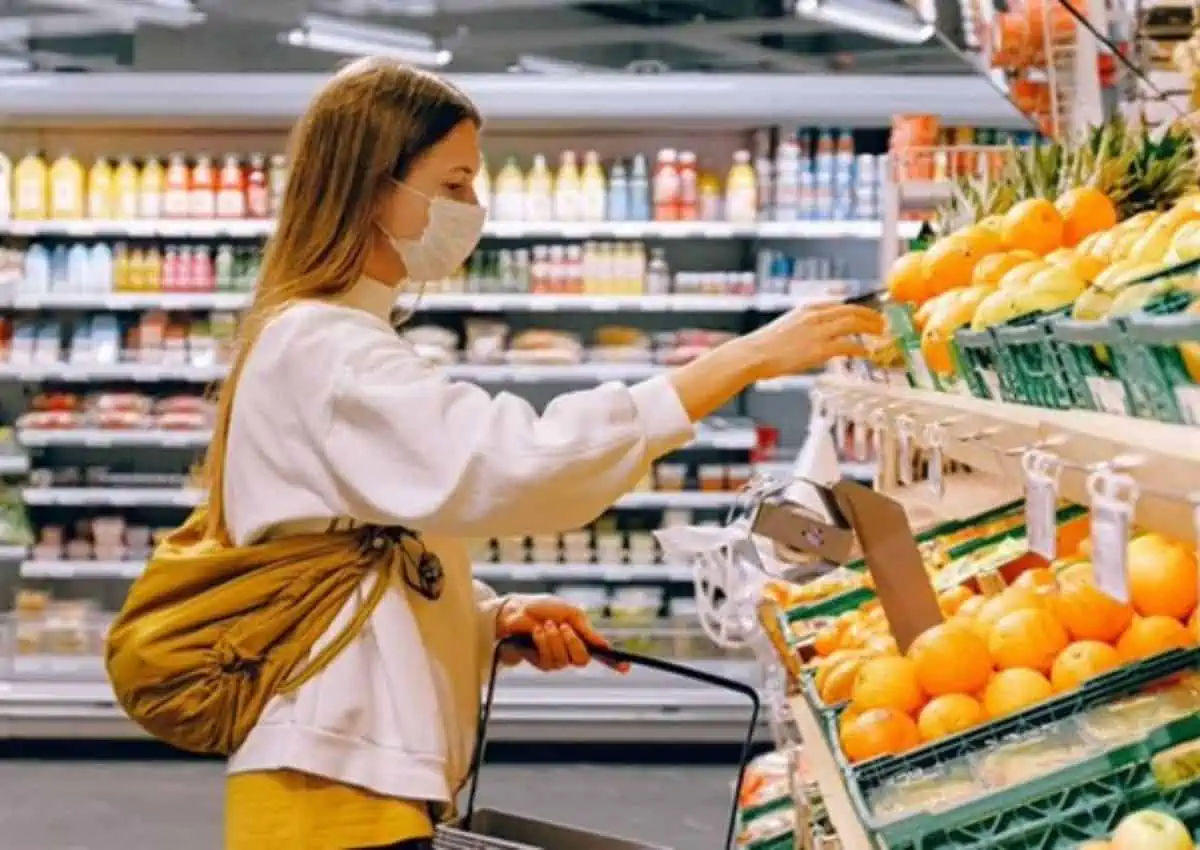South African families are feeling the tight squeeze as the food prices continue to increase making food items which used to be affordable more expensive.
The latest Household Affordability Index by the Pietermaritzburg Economic Justice & Dignity group (PMBEJD) shows that food prices in the country continue to increase despite lower fuel and global commodity food prices.
Statistics South Africa (Stats SA) reported that despite fuel prices dropping slightly in August, the price of bread, milk, cereal, meat, eggs, cheese, rooibos tea, instant coffee, detergents, and laundry soap had increased.
For September, the group’s basket of nutritional food came to R4.804. On a monthly basis, the average cost of the basket increased by R30.28 (0.6%), from R4,775 in August 2022, while year-on-year, the basket increased by R586.39 (13.9%) from R4.219 I September 2021.
Food and non-alcoholic beverages increased by 11.3% year on year, up from 10.1% recorded the month before.
The PMBEJD said that rising food prices are of serious concern given that the fuel and global food price trends, raising questions about whether or not retailers and the supply chain are fleecing consumers.
“For the past three months, fuel prices and global food commodity prices have come down, yet we do not see a corresponding drop in food prices at the retail level,” it said.
“Due to lack of transparency in the local food value chains, we are unable to identify where in the chain inflation remains stubbornly high. The question remains whether the industry is passing on the lower costs to the consumer or not?
The group said the Reserve Bank’s rate hikes have been done with the argument that it would being down food inflation. However, this cannot be achieved if retailers and the supply chain for food are withholding savings from customers.
“If, indeed, retailers are not passing on lower costs, then raising interest rates will simply bring more pain to the South African consumer, make us all poorer and potentially increase unemployment and further contract the economy without addressing the problem of lower food price inflation,” it said
Source: Business Tech, IOL, image from Twitter: @JaEconomics
